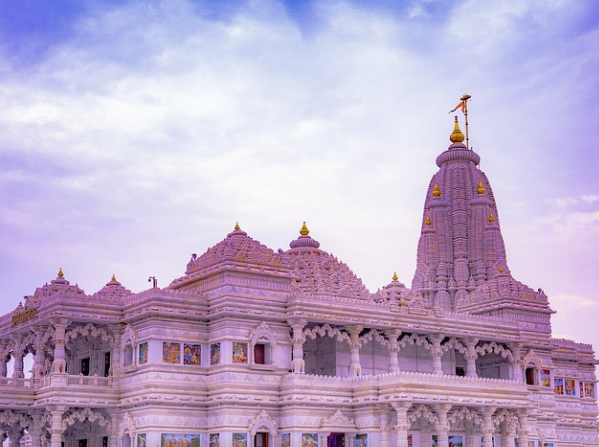In This Biography
The Concept of Religious Organizations
Religious organizations are organizations whose identity and mission are derived from a religious or spiritual tradition.
Religious organizations typically aim to promote worship, prayer, meditation, teaching, healing, and spiritual well-being in accordance with authoritative texts, codes, and laws.

The world is filled with many different faiths. Religion is a source of strength to many people, especially during tough times. Religion can also be the source of friction between people of different faiths. Regardless of the actual beliefs of the religion in question, organized religions all have associated organizations to help them advance their goals.
ISLAMIC INTERNATIONAL ORGANIZATION
Many types of religious organizations exist in modern societies.
There are three major types of religious organizations
The Church, the Sect, and the Cult
The church
A church is a large, bureaucratically organized religious organization that is closely integrated into the larger society. Two types of church organizations exist. The first is the ecclesia, and the second is the denomination church.
Churches are concerned with directly furthering the ends of the faith in question and ministering to the needs of followers of the faith. Often, if religious people don’t agree on matters of doctrine, some of them will leave.
CHRISTIAN INTERNATIONAL ORGANIZATION
The Christian church has many different denominations, including Catholic, Lutheran, and Baptist. There are multiple denominations of the Jewish and Muslim faiths as well. Orthodox and Reformed Jews disagree about the interpretation and practice of Torah (the Law as put forth in the Hebrew Bible). Sunni and Shiite Muslims disagree, often violently, about the proper successor to Mohammad.
Buddhism is divided into branches such as the Theravada and Mahayana, which are then divided into sects, such as Zen or Nichiren. Regardless of one’s personal beliefs, there is staggering variety in the type and goals of religious organizations, even within what is technically the same faith.
The Sect
A sect is a relatively small religious organization that is not closely integrated into the larger society and that often conflicts with at least some of its norms and values.
RELIGIOUS LEADERS AND FOUNDERS
Because sects are relatively small, they usually lack the bureaucracy of denominations and ecclesiae and often also lack clergy who have received official training. Their worship services can be intensely emotional experiences, often more so than those typical of many denominations, where worship tends to be more formal and restrained
The Cult
A cult is a small religious organization that is at great odds with the norms and values of the larger society. Cults are similar to sects but differ in at least three respects. First, they generally have not broken away from a larger denomination and instead originate outside the mainstream religious tradition. Second, they are often secretive and do not proselytize as much. Third, they are at least somewhat more likely than sects to rely on charismatic leadership based on the extraordinary personal qualities of the cult leader.
Although the term cult today raises negative images of crazy, violent, small groups of people, it is important to keep in mind that major world religions, including Christianity, Islam, and Judaism, and denominations such as the Mormons all began as cults.
Religious organizations are a staple of most communities around the globe. Religion provides support, succor, and spirituality for a great many people. Who belongs to a traditional religious organization (e.g., church, synagogue, mosque, etc.)
Here is a list of religious organizations
- Buddhist organizations
- Christian organizations
- Islamic organizations
- Confucian organizations
- Hindu organizations
- Jewish organizations
- Pagan organizations
- Shinto organizations
- Sikh organizations
Organizations of new religious movements and many more.
Thanks for reading through, drop your comments and contributions for us.








